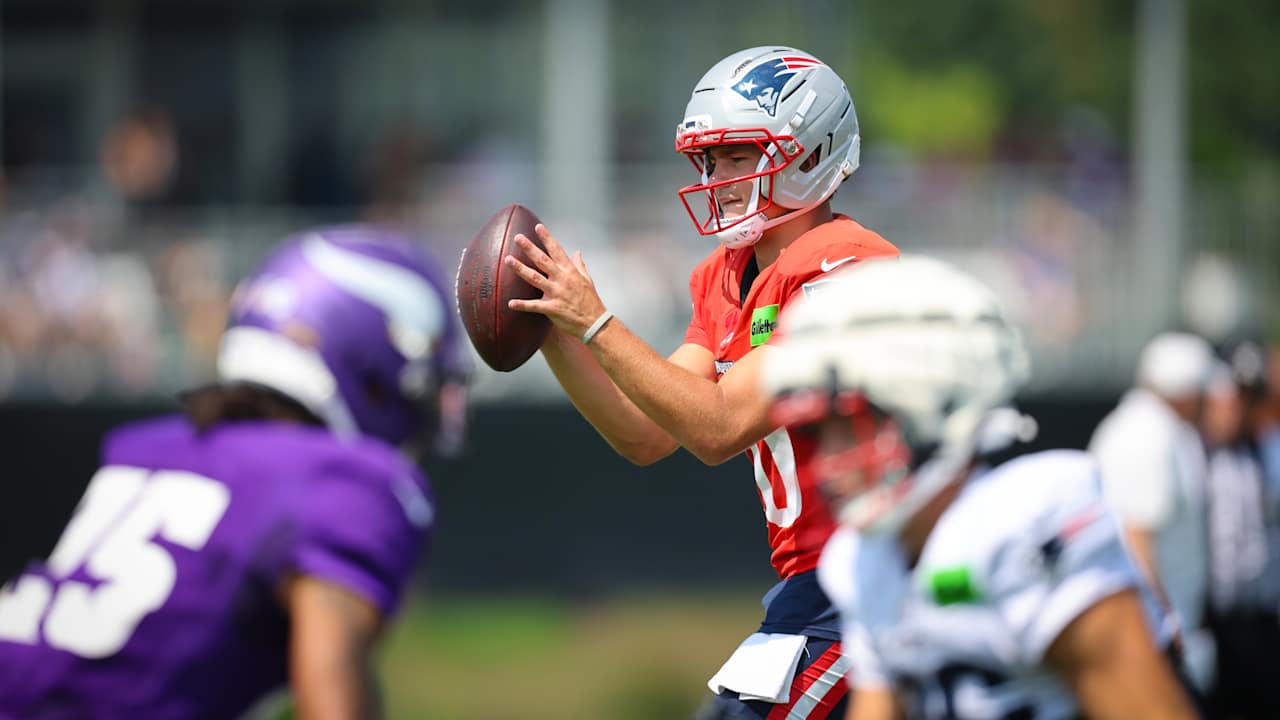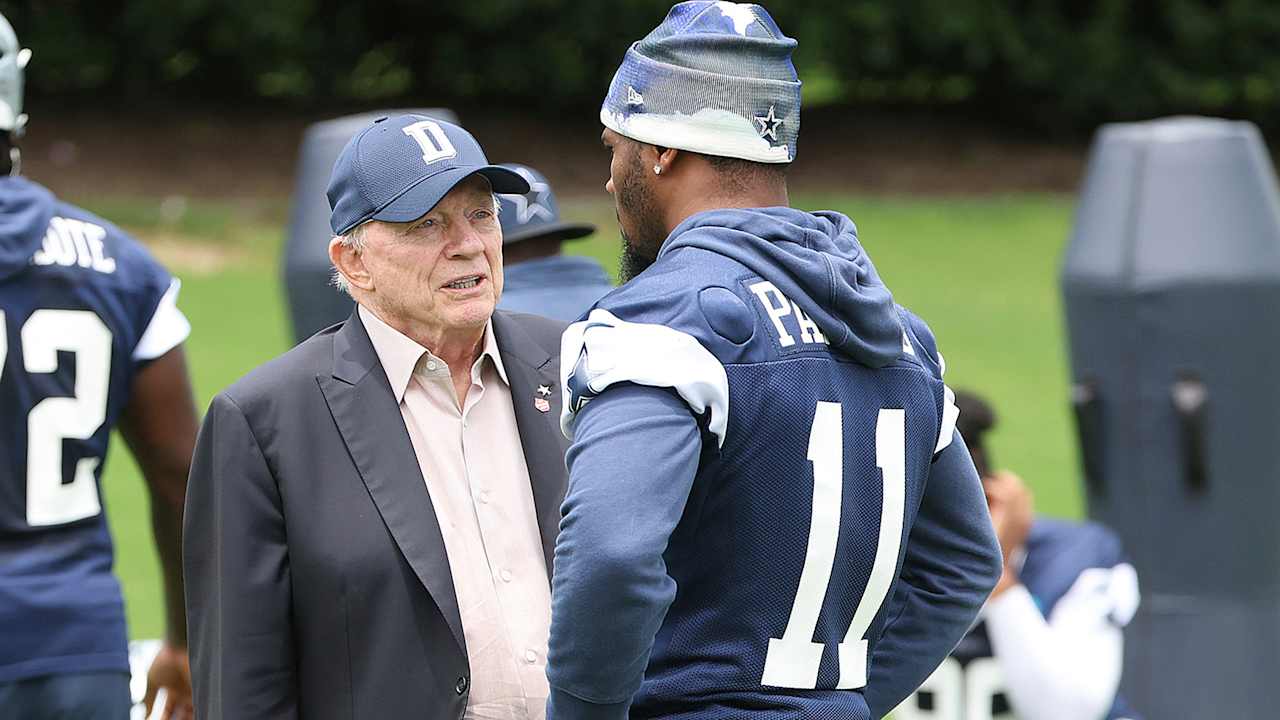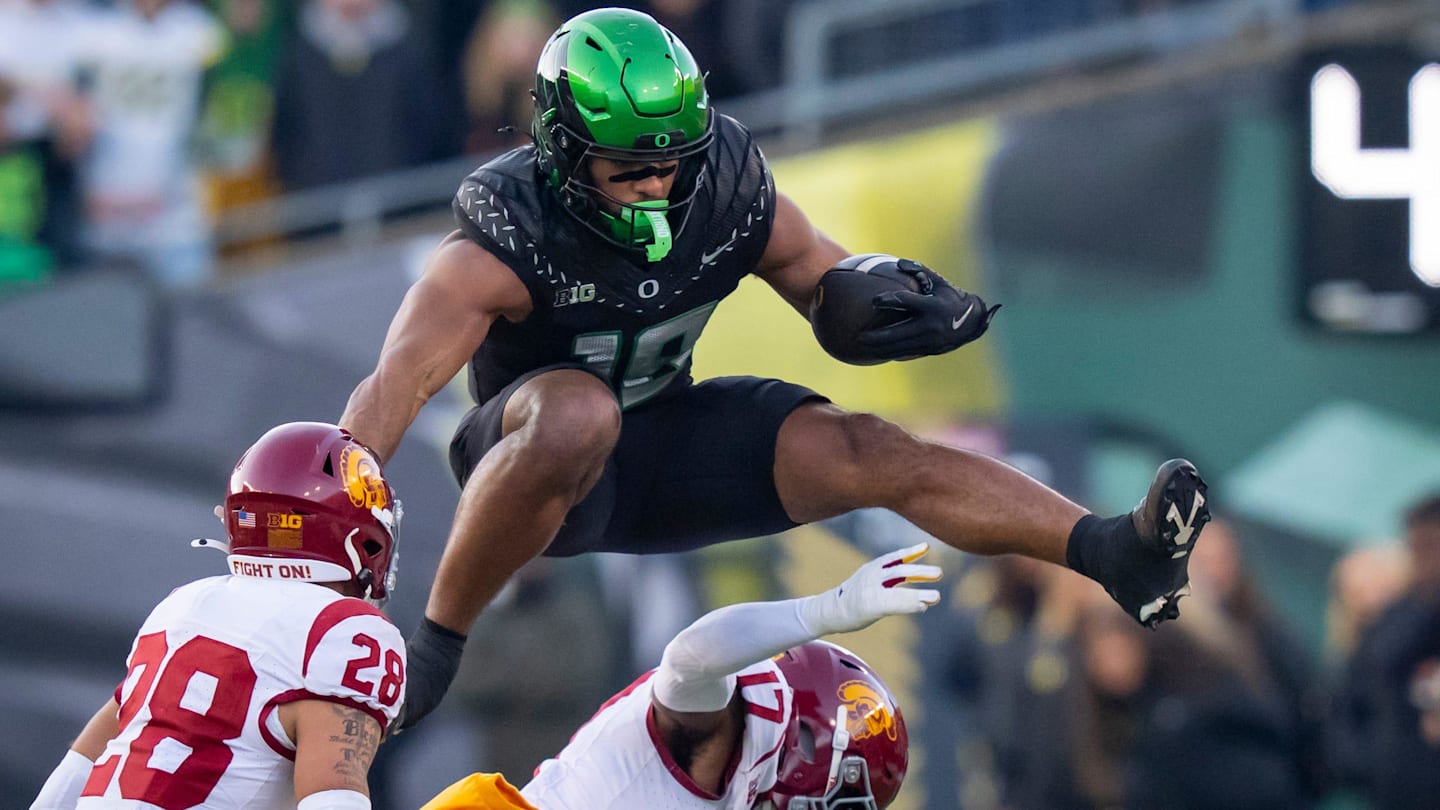Controversy Surrounding Michigan Football's Penalties

Introduction
The NCAA has recently imposed penalties on the University of Michigan football team, following an investigation into their 2023 national title season. The penalties are considered to be "very significant" and have caused a stir in the college football community. However, the University of Michigan has stated that they plan to appeal these penalties in hopes of overturning the decision.
Details of the Penalties
The penalties imposed on the Michigan football team include a postseason ban and vacating wins from the 2023 season. This comes as a relief to the team, as the NCAA initially considered imposing harsher penalties, including a postseason ban and vacating wins from multiple seasons. The investigation into the 2023 season was launched in October of that year, but the NCAA ultimately decided to focus solely on that season, sparing the team from facing penalties for previous seasons.
Impact on Michigan Football
The penalties have caused a lot of controversy and disappointment among fans and players. Michigan's 2023 national title season was a monumental moment for the team and the university, and the thought of having it taken away has left many feeling frustrated and defeated. The appeal process will be crucial for the team, as it will determine the future of their season and their reputation as a top football program.
About the Organizations Mentioned
University of Michigan
The University of Michigan, founded in 1817, is a leading public research university renowned for its academic excellence and innovative contributions. Located in Ann Arbor, Michigan, it serves over 52,000 students and employs a faculty of 8,000, making it one of the largest and most diverse institutions in the United States[1][4]. The university is a founding member of the Association of American Universities and is classified as an "R1: Doctoral Universities – Very high research activity" by the Carnegie Classification[4]. ### History and Mission Since its inception, U-M has been a national model for public higher education, focusing on research, education, and community service. Its mission is to create, communicate, preserve, and apply knowledge, fostering leaders who challenge the present and enrich the future[1]. ### Key Achievements - **Research and Rankings**: The University of Michigan ranks third among American universities in research expenditures. It has achieved numerous top rankings in various fields, including being ranked as the #1 U.S. public university by QS World University Rankings from 2019 to 2023[4][5]. - **Sustainability**: The university has successfully reduced greenhouse gas emissions by 25% ahead of its 2025 goals, reflecting its commitment to sustainability[6]. - **Innovation and Partnerships**: U-M is investing heavily in infrastructure and partnerships, such as the University of Michigan Center for Innovation in Detroit, to drive economic and educational growth[3]. ### Current Status Currently, the university is undergoing significant developments outlined in its **Campus Plan 2050** and **Vision 2034**, focusing on enhancing infrastructure, promoting sustainability, and fostering interdisciplinary research[2][3]. U-M is also expanding its presence in various regions, including Detroit and Flint, through new facilities and programs[3]. ### Notable Aspects - **Athletics**: The university's athletic teams, known as the Wolverines, compete in the Big Ten
NCAA
The National Collegiate Athletic Association (NCAA) is a nonprofit, member-led organization committed to the well-being and lifelong success of college athletes in the United States and Canada. It governs collegiate sports for over 500,000 student-athletes across about 1,100 member institutions in three divisions (I, II, and III), each tailored to different sizes and competitive levels of schools. The NCAA annually awards nearly $4 billion in athletic scholarships and supports student-athletes in achieving academic success at rates higher than their general student peers[1]. Founded in 1906, the NCAA adopted its current three-division structure in 1973 to ensure fair competition and broaden championship opportunities. Division I schools typically have the largest enrollments and athletic budgets, offering the most scholarships, while Divisions II and III emphasize academic achievement and broad participation, respectively[1]. The NCAA headquarters is located in Indianapolis, Indiana, where it celebrated 25 years in the city in 2024[1]. The NCAA oversees national championships in 24 sports with about 90 events annually and manages extensive rules and policies that member schools and conferences implement. Recent years have seen transformative changes, notably the *House v. NCAA* settlement effective July 2025, allowing schools to pay athletes directly and altering scholarship roster limits, marking a historic shift in college sports governance and athlete compensation[2]. This settlement reflects evolving business and legal landscapes impacting collegiate athletics, influencing financial models and athlete rights. The NCAA also continuously updates governance, compliance, and championship structures. For example, in 2025, new legislation separated men’s and women’s fencing championships and considered adding emerging sports like stunt cheerleading to promote diversity and participation[3][6]. Additionally, debates persist over governance reforms, especially concerning Division I FBS football’s unique revenue and regulatory status, with calls for independent oversight to address financial and equity challenges[7]. In summary, the NCAA is at the intersection of sports, business, and technology, adaptin


















